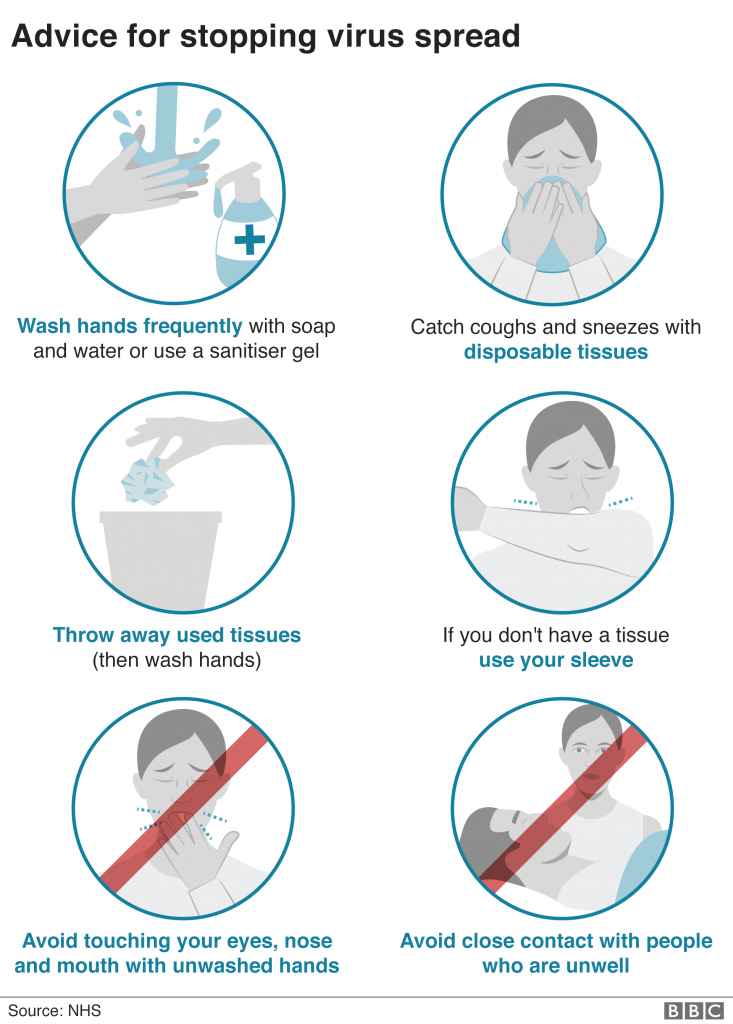We are improving the way we work with patients with long-term conditions
Patients living with certain long-term conditions will be encouraged to attend a Yearly Health Check. Long-term conditions are those that impact over a long period of time, such as diabetes and heart diseases.
Patients will receive personalised care and support from healthcare professionals from their general practice. This will cover things that patients say matter most to their health and wellbeing, from the best treatment for their condition, to wider things like employment, housing, and mental health.
Our goal is that by planning care together with care, patients will have the confidence to manage their health, reduce their risk of being admitted to hospital, and have a better quality of life.
Who is this for?
Initially, we will cover nine long-term conditions:
- Cardiovascular disease (for example, strokes, health failure, ischaemic heart disease, and peripheral artery disease)
- Diabetes
- Hypertension (High blood pressure)
- Hyperlipidaemia (High cholesterol)
- Non-alcoholic fatty liver disease
- Atrial fibrillation
- Chronic kidney disease
- Asthma
- Chronic obstructive pulmonary disease.
In the future, we will look to expand this to cover more long-term conditions.
What can you expect?
If you have one of the long-term conditions listed above, you will be encouraged to have at least three check-ins per year. Each stage is described below for you:
1. Attend your Check and Test Appointment
In your Check and Test Appointment, a health professional will carry out all the checks and tests you need to monitor and manage your long-term condition. You may be sent for a blood test and have other checks like a blood pressure check and weight check. We may discuss lifestyle factors such as smoking and exercise with you too.
If you need an interpreter, please let us know so we can arrange one for your appointment.
2. Receive your test results and your Care Plan
After two to four weeks, you will receive your test results (by post, text, or email, however you prefer).
We will also send a blank document called a Care Plan.
A Care Plan is an agreement between you and your healthcare professional to help manage your health and support day to day. In your Care Plan, you can record things that are important to your health and wellbeing. This can include anything from your life, like employment, housing, or mental health.
A Care Plan covers:
- What is important to you and the goals you have
- How to get the most out of your medication
- The care and support you need from others
A healthcare professional will review your Care Plan with you in your Discussion Appointment. You can start filling out your Care Plan before your appointment or you can fill it during your appointment.
3. Attend your Discussion Appointment
You will then be invited to a Discussion Appointment with a healthcare professional. This may be another team member (such as a nurse, health care assistant, pharmacist, social prescriber link worker) who is best placed to support your care and can spend more time with you. This appointment will take around 30 minutes.
You can discuss your long-term conditions, test results, treatment, and anything else that is affecting your health, from housing to employment. Together we will look at what matters most to you and agree some goals. Your Care Plan will be updated with what has been agreed.
4. Attend your Follow-Up Appointment
Three to six months later, you will be invited to a Follow-Up Appointment. This will last up to 15 minutes and is an opportunity to update your Care Plan with a healthcare professional, considering what is going well and where you may need more support. You may have more than one Follow-Up Appointment in a year.
Watch the short film below to see an example of a patient’s journey through the key stages of the process and help you understand what to expect from your Yearly Health Check.
With subtitles – https://youtu.be/2uNlBbuHflY
Without subtitles – https://youtu.be/FhTbMDLpMQ0
How will I be contacted if this is for me?
We will contact you via text, phone call, or letter to organise your appointments. We will contact patients over the year so please do not worry if you do not hear from us right away. If you are concerned or have questions, please contact us.




